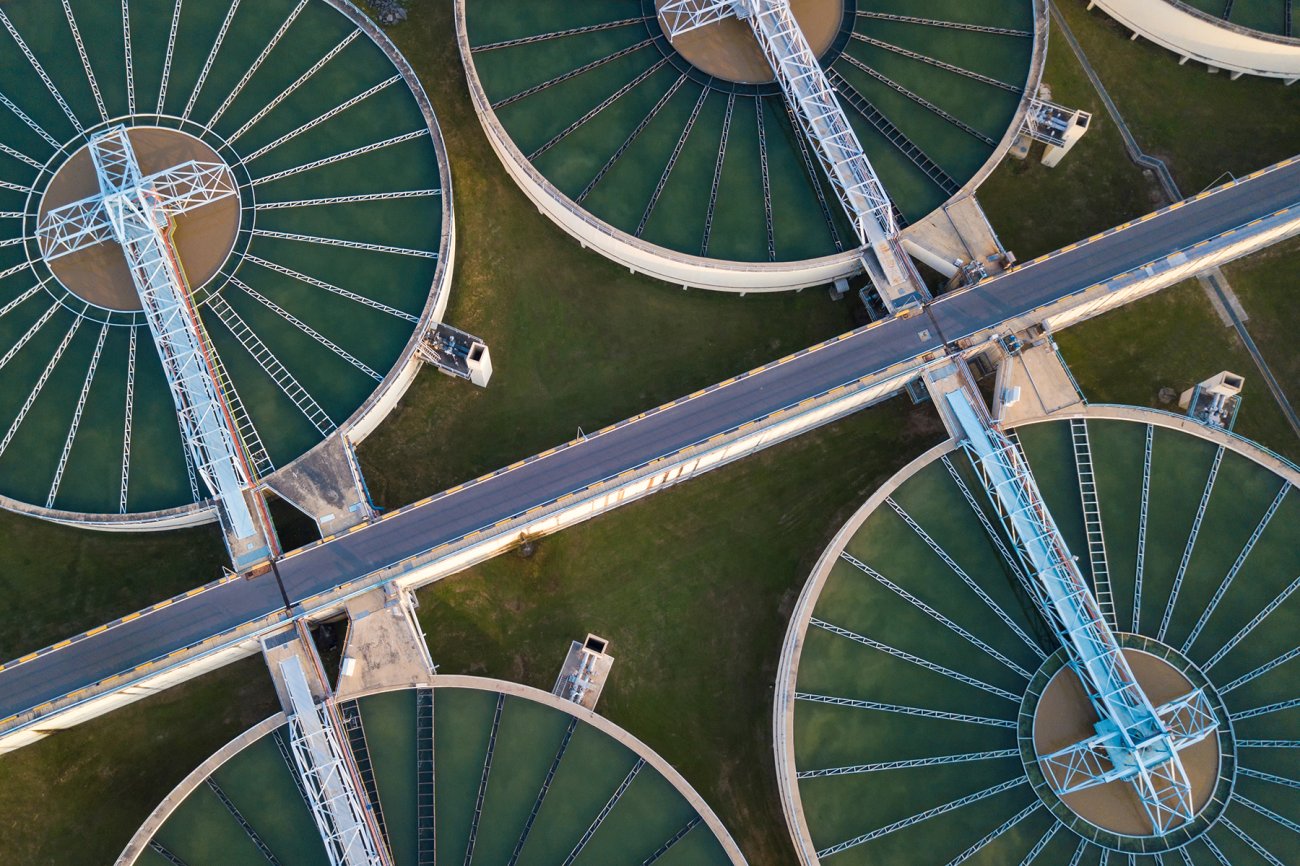Some Of Reclaim Waste
Some Of Reclaim Waste
Blog Article
Reclaim Waste for Dummies
Table of ContentsGet This Report about Reclaim WasteGetting My Reclaim Waste To WorkThe Best Strategy To Use For Reclaim Waste7 Easy Facts About Reclaim Waste ExplainedThe 45-Second Trick For Reclaim Waste
Explore the kinds, events, and forms of liquid waste. Domestic sewage waste describes the waste and items from a property sewage-disposal tank. This sort of waste is produced by people in houses, colleges, and various other buildings. This only includes septic containers that have a drain area. The proper administration and disposal of residential sewer waste require fluid waste to be transferred to a sewer therapy plant where the appropriate approaches and devices are related to detoxify and take care of waste.
Industrial waste often consists of potential dangers, such as flammable products or a mix of liquid and solid waste items, and calls for an extra advanced and detailed disposal procedure. The disposal of industrial waste commonly involves the filtration of waste before transportation to make certain risk-free and appropriate disposal. Hazardous waste is produced from byproducts and drainage of commercial processes and production.
This kind of waste can not use the exact same sewage administration transport or processes as septic or industrial fluids. The commercial waste administration procedure calls for the examination and testing of liquid waste before it goes through the disposal procedure (liquid waste disposal). Drainage waste is the fluid waste that comes from overflow and excess stormwater in highly booming locations or cities
Drainage waste can create contamination and flooding if not managed appropriately. Find out more concerning sewage system cleaning and waste management. Guaranteeing correct waste management can stop disasters and reduce environmental harm. Both people in household settings and specialists in industrial or production markets can benefit from understanding the procedures and laws of fluid waste administration.
Examine This Report about Reclaim Waste
Contact PROS Solutions today to discover our waste administration and disposal solutions and the proper methods to take care of the liquid waste you generate.
(https://telegra.ph/Expert-Liquid-Waste-Disposal-and-Removal-Services-in-Melbourne-11-12)Do you recognize what occurs to your water when you disengage, purge the bathroom or drain pipes the washing machine? No? Well, it deserves knowing. This supposed 'wastewater' is not just an essential source however, after treatment, will be released to our land, rivers or the ocean. Made use of water from commodes, showers, bathrooms, kitchen sinks, washings and industrial procedures is referred to as wastewater.

water utilized to cool down equipment or tidy click this site plant and devices). Stormwater, a form of wastewater, is drainage that streams from farming and metropolitan areas such as roofings, parks, yards, roads, courses and gutters into stormwater drains, after rain. Stormwater moves without treatment directly to regional creeks or rivers, eventually reaching the sea.
The Buzz on Reclaim Waste
In Queensland, many wastewater is treated at sewage therapy plants. Wastewater is transported from domestic or industrial sites with a system of drains and pump stations, called sewage reticulation, to a sewer therapy plant. Local federal governments develop, preserve and operate most sewage treatment plants. Operators are licensed under the Environmental Management Act 1994 to release treated wastewater at an acceptable environmental standard into waterways.
The Division of Natural Resources suggests city governments regarding managing, operating and maintaining sewage systems and therapy plants. In unsewered locations, city governments might need householders to mount specific or family sewage therapy systems to treat domestic wastewater from bathrooms, kitchen areas, restrooms and laundries. The Department of Natural Resources authorizes using household systems when they are proven to be effective.
In some new subdivisions, therapy of some stormwater to remove trash, sand and gravel has actually begun using gross pollutant traps. Wastewater treatment happens in four phases: Removes solid matter.
Uses tiny living organisms knows as micro-organisms to break down and remove continuing to be dissolved wastes and fine bits. Micro-organisms and wastes are incorporated in the sludge.
The Greatest Guide To Reclaim Waste
Nutrient removal is not available in all sewer treatment plants since it calls for expensive specialised equipment. It is becoming more common in Queensland. Clear liquid effluent created after therapy might still have disease-causing micro-organisms. If this effluent is released right into rivers such as rivers or the sea, the micro-organisms will at some point pass away out.

This usually means wastewater has actually to be treated or pollutants eliminated before it can be discharged to rivers. Most wastewater flows right into the sewerage system. Under the Act, neighborhood governments provide approvals and licences for eco appropriate activities (Periods) including wastewater releases that could have a local influence. The department provides approvals and licences to Periods involving wastewater releases that may have a local or statewide impact.
Excitement About Reclaim Waste
Monitoring provides accurate information concerning water quality and can verify that licence problems are being satisfied. The info gotten through monitoring provides the basis for making water quality decisions.
Report this page